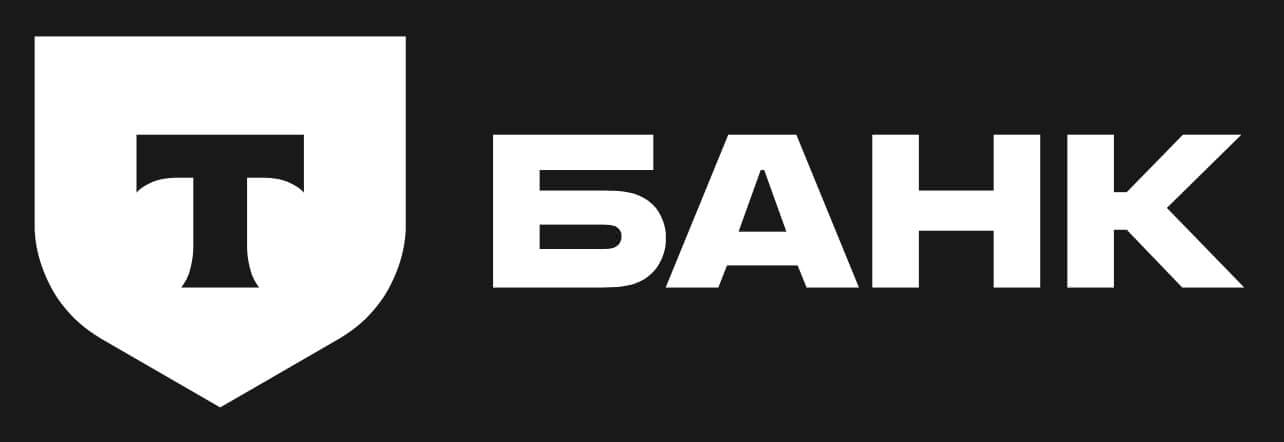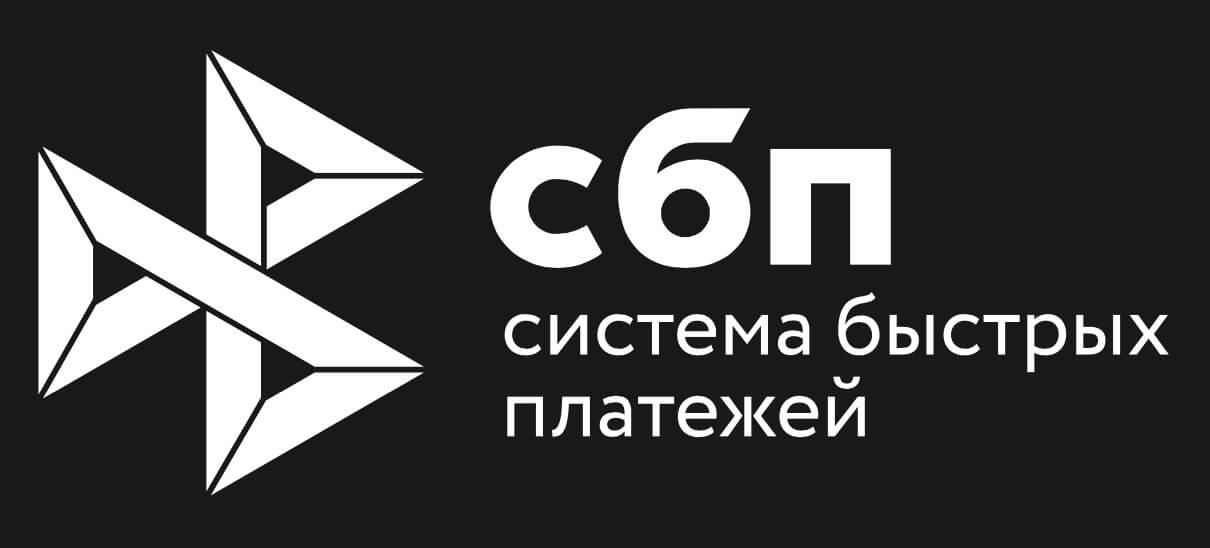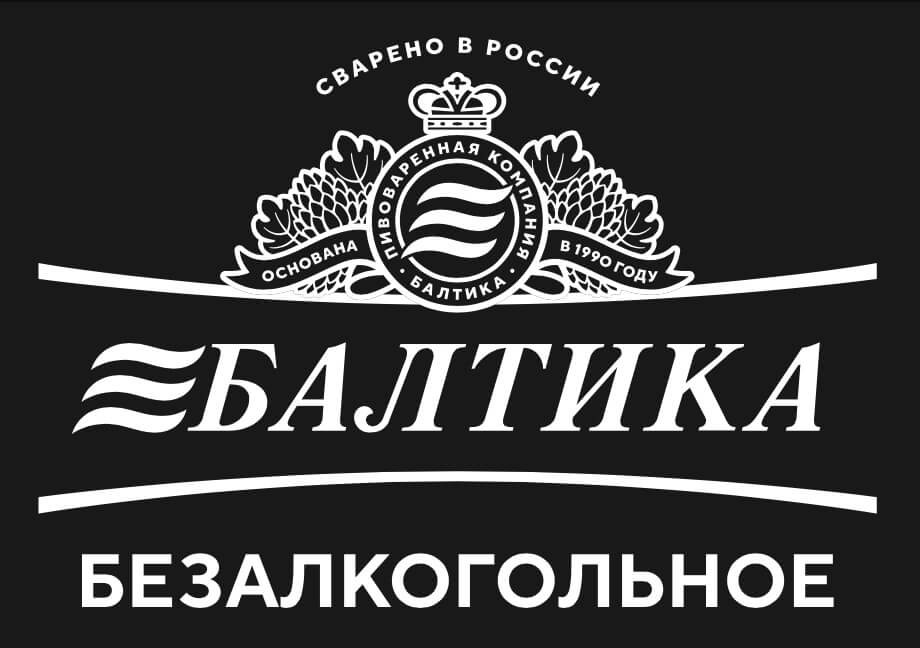The Faceoff: Alexei Kovalev
5 March 2021 Kovalev
Dragons’ head coach talks to khl.ru reporter Gillian Kemmerer
We spoke the day before you were named head coach of Kunlun Red Star. There was essentially no concrete roster in place, and you departed for Moscow right away. How were those first weeks?
“Actually, I think it was the most fun that I ever had. It sounds hard, but when I started at first, it’s like it all happened in two days. First, I was named the head coach—and then two days later, I’m in Moscow. The next thing I see are players in front of me that looked like they’d been out of hockey for two years and decided to un-retire to start playing hockey again. I had to send home about seven players after two days. People kept asking me, “How can you make a decision in two days that they can or cannot be part of the team?” But two practices was enough to see if the player had skated after he stopped playing or not.”
How did you phase-in the import players, many of whom arrived weeks into the season due to visa issues and contract discussions?
“I had two lists in front of me—VHL players from Russia, and then there was another list of probably twenty-two players that already had contracts from North America. The difficult part was the transition. We started the season and played about two months with the VHL players. We lost thirteen games in a row, but the guys were really working hard. They tried their best, but we just didn’t have enough power to score goals or were getting tired at the end of the game. The players were inexperienced [in the KHL]. Then the time came for the North American players to start coming in. The challenging part was that every time they came in—three, four or seven, eight at a time—I had to swap them.
“I had to send home some Russian players and then insert the North American guys into their positions. We couldn’t be too aggressive on sending Russian players home because the North American guys could get COVID, and then they were out for a month. It was fourteen days of quarantine plus rehab before they got back to normal.
“So, here we are—ten players arrive, and then I have to release ten players from the Russian list. On the first road trip, twelve of us got sick. Now I had to be careful because I was already sending ten players home from the Russian list. If I send any more away and more North American guys get sick, who am I going to play? Another challenge is that we didn’t have enough budget to keep everybody, so we had to send them home. To make a long story short, we actually had one time where we sent three guys home, and after a week, we had to ask them to come back for a couple of games.”
Uncomfortable, to say the least…
“Can you imagine? You send these guys home, thanking them for the job they did, and then you’re calling them back like, “Sorry guys, can you come and help because we don’t have enough players?” So, they come in to play two games and pretty much have deja-vu. All of these swaps, not having enough budget, having too many players—that transition was probably the most disastrous thing that I have ever experienced.”
KHL teams have long training camps, and players use them as the opportunity to get in shape. It’s different than in North America, where NHL players arrive essentially season-ready. How did you operate without one?
“It was noticeable throughout the season because we were losing games at the end. Other teams just out-powered us. Every time we had a season break for the Euro Hockey Tour or something like that, we tried to catch that time as a little bit of the training camp that we lost. That’s always hard, because if you overdo it, then the players are going to be sore and tired. We had to be careful with that. And again, during the entire season, we had maybe ten days that we could give them good work. But it’s not a month or two, it’s ten days. And naturally these guys were a little cranky because it’s in the middle of their season and they don’t want to get tired out.”
On that last point—I would think this is where you, Slava Kozlov and Igor Ulanov had to rely on your experience as players.
“It was a lot of compromises and a lot of adjustments: how would you feel in their position at this point in the season? I think we did a great job in that regard as a coaching staff. But as I said at the start of the season to our General Manager—guaranteed by the end of the season, we’ll notice that we missed one month in the beginning. And that’s exactly what happened. That extra time where we teach the systems, discuss what the coaching staff will ask from players, the time in the gym—we’ll miss that in the end.
“We scored goals, but in so many games, we lost by one. I think it had to do with the extra work that we missed. It was a challenge, but I think I had a great experience and I learned a lot from it. Also, I got to know seventy players…”
Basically you made seventy new friends this year.
“Seventy new friends in one season—so that was exciting. But I think, altogether, I never like to stay in a negative mode. I would still like to think of some of the positives that happened this year.”

You defeated SKA for the first time in franchise history. There was a point around then when it seemed like the team had stabilized, but it was short-lived.
“We were able to show the players that they’re capable of beating any team that night. We definitely weren’t the most powerful team—our forwards did not win more than 50% of their battles. That told me that I had to come up with some different ideas for them, to find other solutions for how to beat the teams. We were playing pretty good defensively. We blocked a lot of shots. There were even some VHL players who had a chance to prove that they could play in this league, at this level. During that time, I really felt that we had a family—that guys really stood for each other and they battled. So it was good to see. The same thing happened in Finland when we beat Jokerit at home.”
That was an unexpected victory, because the guys knew they were long out of playoff contention—and Jokerit is a traditionally tough team.
“In Finland, it was kind of screwed up because we didn’t play one another the first time. They found that three of our players tested positive for COVID when we landed, and decided not to play us. Those three players re-tested when they got home, and they were negative. I think it motivated the guys a little bit when we went back, and maybe [Jokerit] didn’t expect us to come out that way. We knew that game wouldn’t matter going into the playoffs, but I told them it was a chance to show their skill to the other team, to show the other coach who you are. Maybe it’s about showing that you deserve to be picked up next season. That’s how I had to motivate the guys.”
Typically, Kunlun does not have many Russian players—but this season, it was an almost even split with imports at some points. How did you navigate the hockey-related cultural differences in terms of coaching and mentality?
“The situation I put them in was that they had to actually push themselves. We did not have coaches coming to the locker room every time and saying, “You’re not playing well, or you’re not doing this or whatever.” I left it up to them to boost each other. There were some tense moments between the North Americans and the Russians, and they yelled at each other. But I always forced them to practice like they were playing a game. If you want to finish the check, you finish the check. The North American guys didn’t like it, but the Russian guys were always trained that way. I had been trained that way.
“I think you practice like you’re playing the game. It teaches you, first of all, not to hesitate in the game because you already know what to do, because you worked on that in practice. If you go halfway or half energy at practice, it’s not going to work. I think at one point, the players began to buy in—but I would have liked to see that happen a little bit earlier. But again, it’s a long process, we didn’t have that much time and it’s not going to happen overnight. There were some arguments at practice, but we had to let them go.”
What was it like coaching alongside Kozlov and Ulanov, your NHL contemporaries?
“It was important for me to choose coaches who were strong, who could push the guys to their limits, beyond where they are comfortable. Igor and Slava know what it takes to win and to be successful. They pushed the guys in practices. The only problem is that we didn’t have enough time. They worked up until the end, but we were already out of the playoff picture. But those guys always did what I asked.”
I wrote a feature early on in the season about all of the famous sons on Kunlun. At one point in time, you had Chelios, Bondra, Nikolishin, Gimayev. What was it like to coach the scions of all of these hockey greats?
“[Jake] Chelios—I worked with him last year, and he’s great. He’s not exactly like his father, but maybe in some ways, he does something better than his father. I really liked the way he worked his stick and the way he saw the ice. He’s definitely a defensive defenseman, not so much offensively-minded.
“[David] Bondra works so hard. I definitely tried to get out of him what his father did in his career, because he has all of the potential. He almost plays like his father. He needed to work on his vision, how he sees the game—the moves that he has to make, or the shots he has to take or whatever it is.
“Igor Larionov was a smaller kid, fast—he sees the ice well and everything. What killed him was that he got sick and then he came back, but two or three days later, he got COVID. It really hit him hard and it took him some time to recover. When we reached the trade deadline, we just couldn’t keep him.
“With [Ivan] Nikolishin, I didn’t know what to expect from him. I knew that he played on the National Team and was playing for Red Army, always a leader. I don’t know what happened in the other teams that he played for, and apparently he wasn’t playing in the KHL following that time. But I knew he had potential because I had seen him, and I wanted to help him to become a better player. I think he’s done a great job for us this year, and I would love to have him on my team again. For the last two months, he was playing with a really bad shoulder injury—getting injections and everything. But again, he has good character and deserves to play in this league.”
When I interviewed you in Shanghai two years ago, there was talk about your potential return to the ice after a wave of injuries hit Kunlun. In the midst of COVID, I couldn’t help but wonder…did that conversation ever resurface?
“If I would have still been an assistant, probably I could have. But being a head coach, it would have been a stupid idea. But at times when I got so frustrated, maybe it crossed my mind. I sometimes got on the ice to show things in practice during drills, because it was the easiest way to explain things.”
You played in Mytishchi at one point in your career. How did it feel to return as a coach?
“Truthfully, I never really got a chance to experience it. I had a knee problem that season, and then I never really had a chance to recover. But coming back was great. Some of the people that worked at the rink, who cleaned the floors or served as janitors, remembered me. It was really great to see them. Up until the last ten games, there were no fans in the building—so I do not know if they were happy to see me back. After that, we had maybe 25% capacity. Most of those fans were coming to support their local Moscow teams, not many fans of ours.”
On the subject of home, have any decisions been made about the future with regard to Kunlun’s return to Beijing, or the Chinese National Team selections?
“What is that Russian saying? You should know it too. If you already knew the odds, you’d live in Sochi…or something like that. [Laughs] If I knew what the future held for this club, I would feel more excited. But at this point, everything is up in the air. I have heard that this club might be staying in Mytishchi for another year, and also the possibility it is going back to China. I have told the General Manager that if they are interested in re-signing our coaching staff, this is a good time to start assembling a team for next year. It has always been a long wait between seasons and has taken a lot of time for the team to make up its mind. We have less than one year left to the Beijing Olympics, and I hope they can put together a good team. It’s still unclear if the Chinese heritage players [who play for Kunlun] will be allowed to compete [for Team China].”
You have been coached by some of the toughest figures in hockey history—Viktor Tikhonov, Mike Keenan. You have also coached alongside a diverse swath of talent in the KHL. In your first season as a head coach, what have you picked up from their legacies?
“Last season I worked with Curt Fraser, who is a really knowledgeable coach. He’s been around for a long time in the NHL, and definitely a person that you can learn a lot from. We had different visions from the way we played the game when we were players and the way we saw the game as coaches. I saw things from him that I added to my knowledge, and course, there are things I would have changed or done differently. But Curt was definitely a good teacher to learn from. It’s not just about the drills you give to players or the speeches you give in the locker room. There are other things outside of hockey—outside of the rink—that I took for my own coaching career.”
So you didn’t run any Tikhonov-style off-ice sessions or give any Keenan-inspired speeches?
“Toughness has always been present in the Russian system. I’ve told this story many times, when Keenan asked the Russian Rangers to come to his office and he gave us the speech of his life probably—that Russian players don’t give a shit about the Stanley Cup. We looked at each other, like, “Really? Is he trying to become a Tikhonov or what? If you’re trying to become a Tikhonov, you’re not even close!” We had heard much stronger words than what he was trying to say.
“Anyway, it was just another experience—and every time I see Mike, we laugh about it. Whatever he said, he was just trying to motivate us. I experienced Tikhonov during the [1992] Olympics. He was toward the end of his career and he wasn’t the same anymore—but the language on the bench and in the locker room, you’d never see that now. But look at it this way—even being upset with the coach, the players always found a way to win games, to win the Olympics. I don’t know if it was motivation or just family communication, but it worked for us.”















Leave a Reply